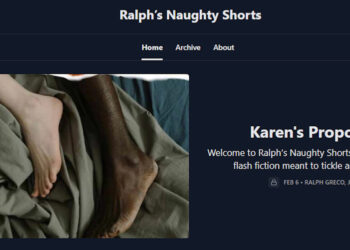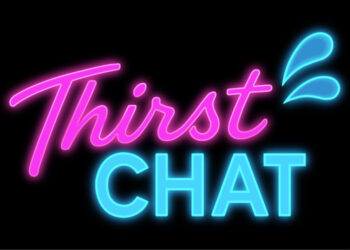CYBERSPACE – Obscenity busts are becoming all the rage, and the Federal Communications Commission (FCC) is launching a new site dedicated to letting people know what the federal government considers naughty and what it considers nice when it comes to publicly engaging in obscene, indecent, of profane speech.Hundreds of thousands of programming complaints are filed each year with the FCC and the process by which it determines guilt or innocence has been confusing to many. The new website aims to demystify the process of filing a complaint by explaining how to do so and explaining what happens once one is filed and received. A FAQ provides answers to an impressive array of questions including how to determine the status of a filed complaint to what qualifies material as being obscene, indecent or profane.
The site makes a point of explaining that obscene speech is not protected by the First Amendment and that the airing of such programming publicly is always illegal.
In order to identify obscene materials, the U.S. Supreme Court has determined that they must be such that 1) the average person, applying contemporary community standards, must find them, as a whole, appeals to the prurient interest (meaning that it tends to induce lustful thoughts); 2) they depict or describe, in a patently offensive manner, sexual conduct specifically defined by applicable law; and 3) they, when taken as a whole, lack serious literary, artistic, political, or scientific value.
Not all sexual material is necessarily obscene. Much is merely indecent, in as much as it is sexual or relates to the excretion of bodily waste but does not do so in as intense a manner as that which is obscene. Therefore, indecent speech is protected by the First Amendment and cannot be entirely suppressed, although its broadcast can be restricted during certain hours considered at high risk for children to be among the viewing or listening audience. Currently those hours are between 6:00 am and 10:00 pm.
Many of the one million complaints submitted last year were inspired by what the FCC calls “profane language,” which includes words that are “so highly offensive that their mere utterance in the context presented may, in legal terms, amount to a nuisance.” These words include what is euphemistically called the “F-word” and its variants.












